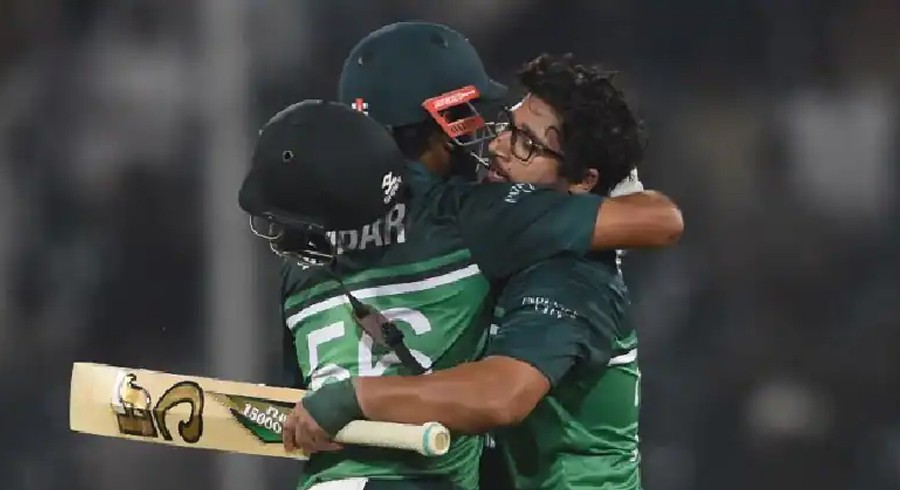Imam also thanked Babar Azam for supporting him throughout his career
 PHOTO COURTESY: PCB
PHOTO COURTESY: PCB
Pakistan opener Imam ul Haq has discussed his struggles when he started his cricketing career and how he got rid of them.
In a recent interview with PCB Digital, the left-handed batter disclosed that he was facing difficulty handling pressure, which the Pakistan skipper aided him with. He added that everyone compared him with his uncle, Inzamam ul Haq, which frustrates him a lot.
ALSO READ: Milne pulls out of NZ ODI series against Pakistan, India
"Initially, I couldn't handle the pressure, and I won't lie. I didn't know what to do. And I would like to mention Babar here. He played a very big role in supporting me. We played a lot of cricket together. And it was vice-versa; if he had doubts, we also discussed them. In my family, we are all fighters and don't give up easily. So I kept on putting in the hard work, and I had good people around me," he said.
Moreover, he mentioned that he and Babar Azam have played a lot of cricket together and that the skipper supported him throughout.
“We are all fighters, and we don’t give up easily. So I kept on putting in the hard work, and I had good people around me,” Imam added.
The opening batter added that his selection in the national team was purely based on his performance in domestic cricket. He never asked anyone a favor, as Imam was being criticized and trolled for being included in the national team during that time; his uncle Inzamam-ul-Haq was the chief selector.
It is relevant to mention that the opening batter has been an essential part of the ODI and the longest-format of the game.
So far, Imam has played 19 red-ball matches for Pakistan and has scored 1,322 runs at an average of 38.88, including three centuries and six half-centuries.
Furthermore, his performances in the 50-over game have been phenomenal. Imam is ranked 2nd in the list of ICC Rankings
The opening left-handed batter has played a total of 54 ODIs and has scored 2,528 runs at an average of 52.66 and a strike rate of 82.83, including nine centuries and 14 half-centuries.